I Was Just Rear-Ended in Fort Myers: What Do I Do Now?
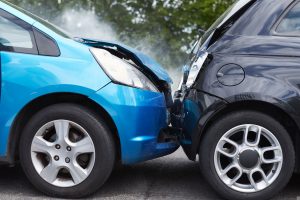 Being involved in a rear-end collision can be a jarring and disorienting experience. As a Fort Myers personal injury attorney, I understand the confusion and stress you may be feeling right now. Our team at Garvin Injury Law will always take the time to guide clients through the initial process, explain your legal rights, and formulate a smart strategy for financial compensation.
Being involved in a rear-end collision can be a jarring and disorienting experience. As a Fort Myers personal injury attorney, I understand the confusion and stress you may be feeling right now. Our team at Garvin Injury Law will always take the time to guide clients through the initial process, explain your legal rights, and formulate a smart strategy for financial compensation.
Understanding Liability in Rear-End Collisions
In Florida, there exists what we call a “rebuttable presumption of negligence” in rear-end collisions. What this means is that the driver who rear-ends another vehicle is generally presumed to be at fault for the accident. This presumption is based on the principle that drivers should maintain a safe following distance and be prepared to stop when the vehicle ahead slows or stops.
However, as established in cases like Cevallos v. Rideout (107 So.3d 348, Fla. 2012), this presumption can be rebutted under certain circumstances. The rear driver may overcome this presumption by providing evidence that:
- The lead vehicle made a sudden and unexpected stop.
- The lead vehicle suddenly changed lanes in front of the following vehicle.
- The lead vehicle had inoperable brake lights.
- The accident was caused by a mechanical failure in the following vehicle that could not have been anticipated.
That said, even with these potential defenses, the rear driver still bears a significant burden of proof to overcome the presumption of fault.
Common Causes of Rear-End Collisions in Fort Myers
Our bustling Southwest Florida roads see numerous rear-end collisions every year. Many of these can be traced back to:
- Distracted driving (texting, phone use, adjusting GPS)
- Tailgating or following too closely
- Excessive speed, especially during our frequent afternoon thunderstorms
- Driver fatigue, particularly common among tourists unfamiliar with our roads
- Impaired driving
- Weather conditions affecting visibility or road traction
The Critical Importance of Immediate Medical Attention
Even if you feel fine immediately after being rear-ended in Fort Myers, seeking prompt medical attention is absolutely crucial.
Some injuries, particularly those involving soft tissue damage or whiplash, may not manifest symptoms for hours or even days after the accident. The adrenaline rush following a collision can mask pain temporarily.
Under Florida Statute §627.736, you have only 14 days to seek initial medical treatment following an auto accident to qualify for Personal Injury Protection (PIP) benefits. Waiting longer than two weeks can result in the denial of your PIP coverage, which could leave you personally responsible for thousands in medical bills.
Furthermore, immediate medical documentation creates an essential record connecting your injuries to the accident—a crucial element if your case later requires litigation.
Understanding Florida’s No-Fault Insurance System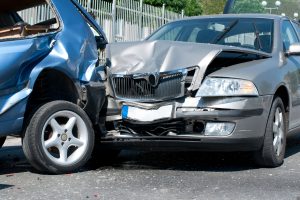
Florida operates under a no-fault insurance system, which means your own Personal Injury Protection (PIP) coverage is your primary source of compensation regardless of who caused the accident. Under F.S. §627.736, PIP covers:
- 80% of necessary medical expenses
- 60% of lost wages
- Up to $10,000 in total benefits
However, this $10,000 limit can be quickly exhausted with today’s medical costs. This is where understanding when you can step outside the no-fault system becomes vital.
When You Can Pursue a Claim Against the At-Fault Driver
Florida law allows you to pursue a claim against the at-fault driver when your injuries meet the “serious injury threshold” as defined in F.S. §627.737. This includes:
- Significant and permanent loss of an important bodily function
- Permanent injury within a reasonable degree of medical probability
- Significant and permanent scarring or disfigurement
- Death
If your injuries after being rear-ended in Fort Myers meet this threshold, you may file a claim against the at-fault driver’s bodily injury liability coverage for damages exceeding your PIP benefits, including full medical expenses, full lost wages, and pain and suffering.





 Florida Personal Injury Lawyer Blog
Florida Personal Injury Lawyer Blog



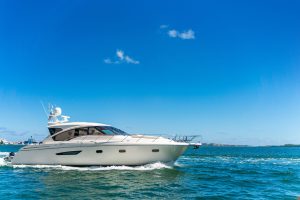 Florida’s beautiful coastlines and waterways make boating one of our most cherished activities. From fishing charters in the Gulf to jet ski rentals on our inland waters, these experiences should create lasting memories—not lasting injuries. Unfortunately, accidents on charter boats and rental watercraft occur with alarming frequency in the Fort Myers area.
Florida’s beautiful coastlines and waterways make boating one of our most cherished activities. From fishing charters in the Gulf to jet ski rentals on our inland waters, these experiences should create lasting memories—not lasting injuries. Unfortunately, accidents on charter boats and rental watercraft occur with alarming frequency in the Fort Myers area.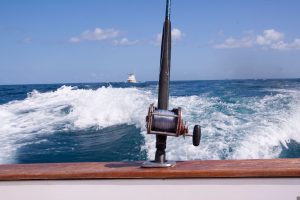
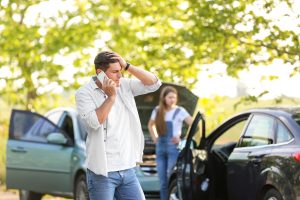 Being involved in a serious car accident is stressful enough. Finding out the other driver doesn’t have insurance can make a difficult situation even worse. If you’re hit by an uninsured driver in Cape Coral, the personal injury lawyers at Garvin Injury Law can help you explore all possible avenues for monetary compensation.
Being involved in a serious car accident is stressful enough. Finding out the other driver doesn’t have insurance can make a difficult situation even worse. If you’re hit by an uninsured driver in Cape Coral, the personal injury lawyers at Garvin Injury Law can help you explore all possible avenues for monetary compensation.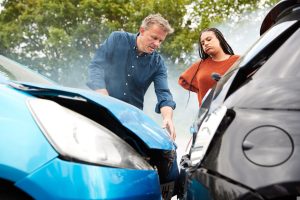
 Here in the Sunshine State, outdoor exercise is a year-round privilege enjoyed by many. As an experienced Fort Myers
Here in the Sunshine State, outdoor exercise is a year-round privilege enjoyed by many. As an experienced Fort Myers 
 The gig economy is thriving, and Florida is no exception. Independent contractors, from rideshare drivers to freelance professionals, make up a significant portion of the workforce. According to a
The gig economy is thriving, and Florida is no exception. Independent contractors, from rideshare drivers to freelance professionals, make up a significant portion of the workforce. According to a  If you’ve been injured in an accident and are considering pursuing a personal injury claim, you might be wondering what happens during a free consultation with a
If you’ve been injured in an accident and are considering pursuing a personal injury claim, you might be wondering what happens during a free consultation with a  When it comes to Naples personal injury claims, acting swiftly can make all the difference between securing rightful compensation and losing your opportunity to file a claim.
When it comes to Naples personal injury claims, acting swiftly can make all the difference between securing rightful compensation and losing your opportunity to file a claim.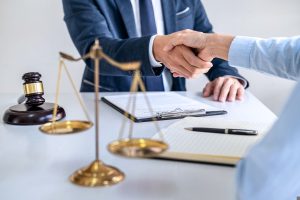
 Knowing your worth is important in life. As it turns out, it’s important in personal injury cases too. Accurately estimating the monetary value of a personal injury case is one of the first orders of business for newly-hired
Knowing your worth is important in life. As it turns out, it’s important in personal injury cases too. Accurately estimating the monetary value of a personal injury case is one of the first orders of business for newly-hired 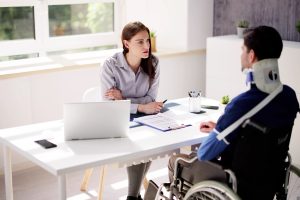
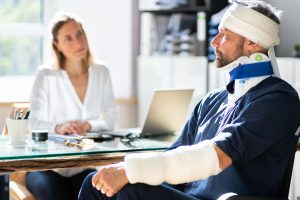 When an accident results in a severe, life-altering injury, it may be classified as a “catastrophic injury” under Florida law. Our
When an accident results in a severe, life-altering injury, it may be classified as a “catastrophic injury” under Florida law. Our 
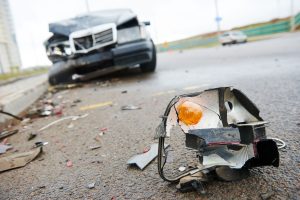 Hit-and-run accidents are both incredibly problematic and far too pervasive in Florida. On average, the state clocks 103,000 hit-and-run crashes annually, an incident rate that has climbed 40 percent in the last decade, according to the
Hit-and-run accidents are both incredibly problematic and far too pervasive in Florida. On average, the state clocks 103,000 hit-and-run crashes annually, an incident rate that has climbed 40 percent in the last decade, according to the 






